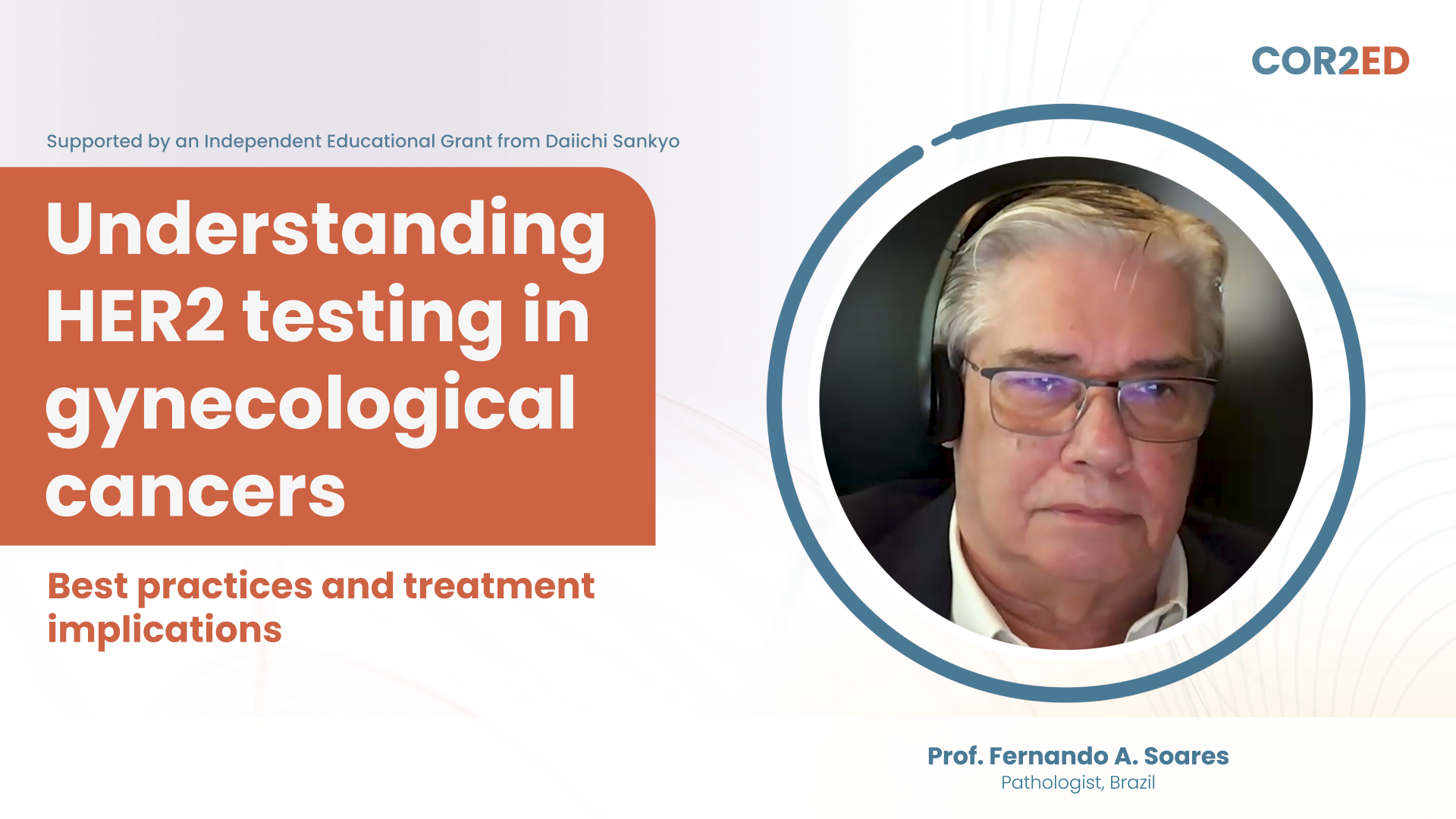Breast Cancer Update from ASCO 2022
My name is Rebecca Dent, and I'm delighted to be here today at ASCO 2022 in Chicago, where I've just come from the plenary session where Dr Shanu Modi presented the data from DESTINY-Breast04, looking at the role of T-DXd in HER2-low metastatic breast cancer.
This really is a game changer, really raises the bar for our patients, with ER-positive HER2-low IHC 1-2+, and even ER-negative, basically triple-negative with IHC 1-2+. Here we saw an improvement in overall survival of over 6 months, in the ER-positive and of almost 10 months in the triple-negative. Now this was a small group of patients, but what it really tells us is that HER2 really is being used a surrogate pathway, to deliver potent chemotherapy to the tumour cell.
So the mechanism of action is very different than we're used to thinking about. We normally think about HER2 inhibition, but really this is a surrogate pathway to get, again these potent drugs into the cell, and so this bystander effect really is much more important that we ever imagined, and so I think we are seeing a paradigm shift in how we're treating breast cancer, but also potentially many other tumours as was eloquently described by Pat LoRusso in her discussion session right after Shanu Modi's presentation.
So I think we're going to see a paradigm shift in how we approach metastatic breast cancer, HER2-low and even HER2-zero. We saw data from recently the phase 1 and some of the other trials that have been done that really showed, how low can we go, in terms of looking at the benefits of T-DXd, and so we anxiously await some of the ongoing trials and also combinations; in combination with immune-checkpoint inhibition, to really change the outcomes from all our patients with metastatic breast cancer.
Read the publication online in the NEJM
SARCOMA CONNECT Update from ASCO 2022
Hi. This is Dr. John Trent here at ASCO to discuss the results of the rEECur trial.
Patients with refractory and relapsed Ewing sarcoma only have less than 15% five-year survival rate.
Treatment is controversial. In this update of the rEECur trial patients were randomised to either topotecan plus Cytoxan (cyclophosphamide) vs high-dose ifosfamide 15 g/m2 (3g/m2 D1-5).
As it turns out, patients who were randomised to topotecan plus Cytoxan (cyclophosphamide) had a 10.5 month median overall survival and a 45% one year survival rate.
On the other hand, those patients randomised to high-dose ifosfamide 15 g/m2 (3g/m2 D1-5) enjoyed a 15.4 month overall survival and a 55% one year survival rate.
All of these benefits from high-dose ifosfamide were statistically significant.
This data is applicable to the standard of care of therapy and is indeed practice changing today. Thank you.
GI CONNECT Update from ASCO 2022
I am Chiara Cremolini and today I bring to you from ASCO 2022 some interesting results that have been presented.
In particular an interesting phase 2 trial conducted by the Memorial Sloan Kettering Cancer Center Group was presented today dealing with the treatment of patients with locally advanced rectal cancer, but in particular of patients with deficient mismatch repair or microsatellite unstable tumours.
We already knew about the impressive results achieved with immunotherapy in the metastatic setting in dMMR patients. But now we have evidence from 14 patients enrolled in this trial that using immunotherapy may avoid operative management of these patients. Only 14 patients with dMMR rectal cancer in clinical stage 2 or 3 received up to six months of an anti PD-1 monoclonal antibody, dostarlimab, and then underwent a reassessment of their disease by means of pelvic MRI, digital examination and endoscopic assessment. In all of these patients a complete clinical response was observed.
So definitely we have only preliminary results at the relatively short follow up but definitely these results are potentially practice changing. Tomorrow in my clinic, I would pretty much love to offer an immunotherapy approach, an immunotherapy strategy to locally advanced dMMR, MSI high patients in order to avoid both chemo radiation and surgery in their therapeutic route.
Read the publication online in the NEJM
LYMPHOMA & MYELOMA CONNECT Update from ASCO 2022
I'm Hans Lee, coming to you from the ASCO 2022 annual meeting in Chicago and I'll be providing my perspective on the late breaking abstract plenary that was just presented of the phase 3 DETERMINATION study.
Now the phase 3 DETERMINATION study really sought to answer a key question of what is the role of upfront high dose melphalan and autologous stem cell rescue in newly diagnosed multiple myeloma patients that receive optimal triplet based induction therapy with bortezomib, lenalidomide and dexamethasone followed by lenalidomide maintenance therapy until disease progression.
The key results of this study demonstrate that there is a significant improvement of progression free survival of approximately 21 months in patients who underwent upfront high dose chemotherapy and autologous stem cell rescue compared to those patients who didn't.
However, at the time that the study is being reported, there was no difference in overall survival between the patients who underwent upfront versus delayed high dose chemotherapy and autologous stem cell rescue.
From my perspective, the data from the DETERMINATION study impact my clinical practice in two main ways.
First, it confirms that upfront high dose chemotherapy and autologous stem cell rescue remains the standard of care in newly diagnosed multiple myeloma patients that receive optimal induction therapy with bortezomib, lenalidomide and dexamethasone.
Secondly, it confirms the role of maintenance lenalidomide after induction therapy until disease progression.
However, without an overall survival benefit seen between those patients who underwent upfront transplant versus those who didn't, it's still important to have a discussion with patients regarding the benefits and risks of autologous stem cell transplant and future analysis from the DETERMINATION study and also the future prospective studies will be very informative to define the right groups of patients that will benefit optimally from upfront stem cell transplant.
Thank you.
Read the publication online in the NEJM
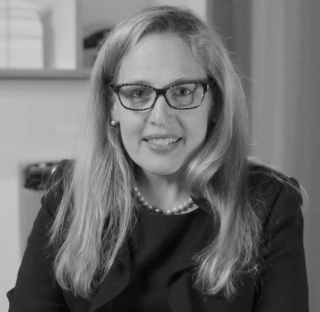
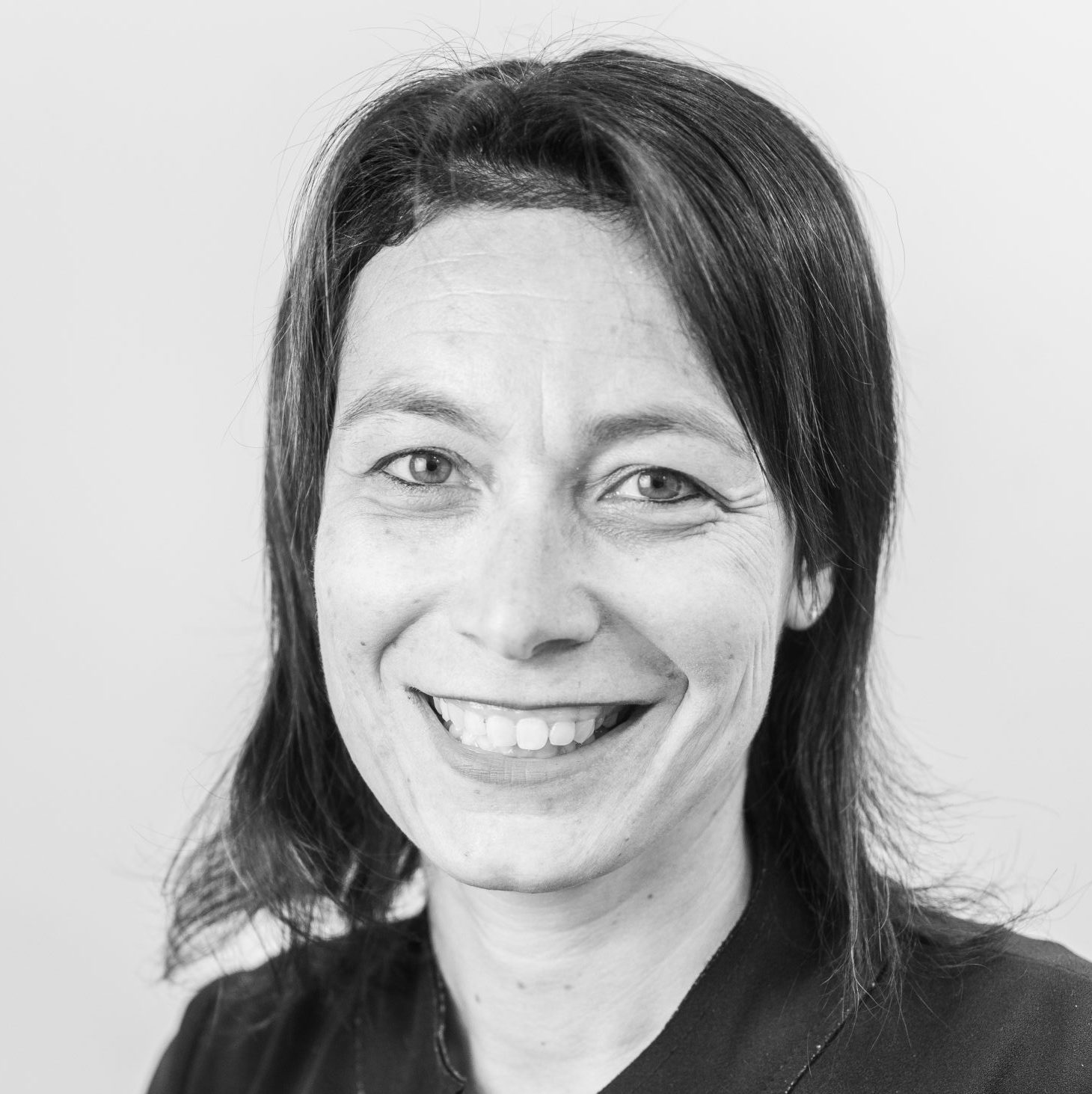
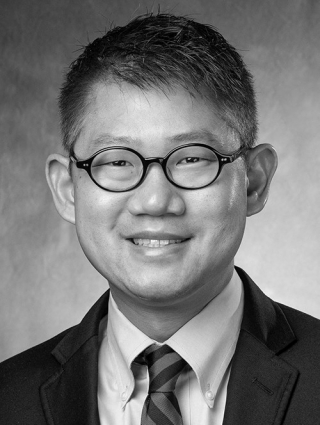
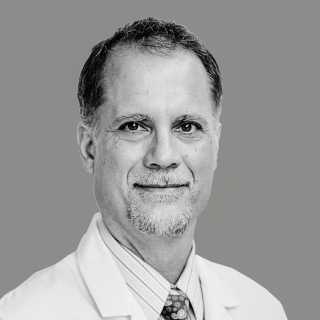
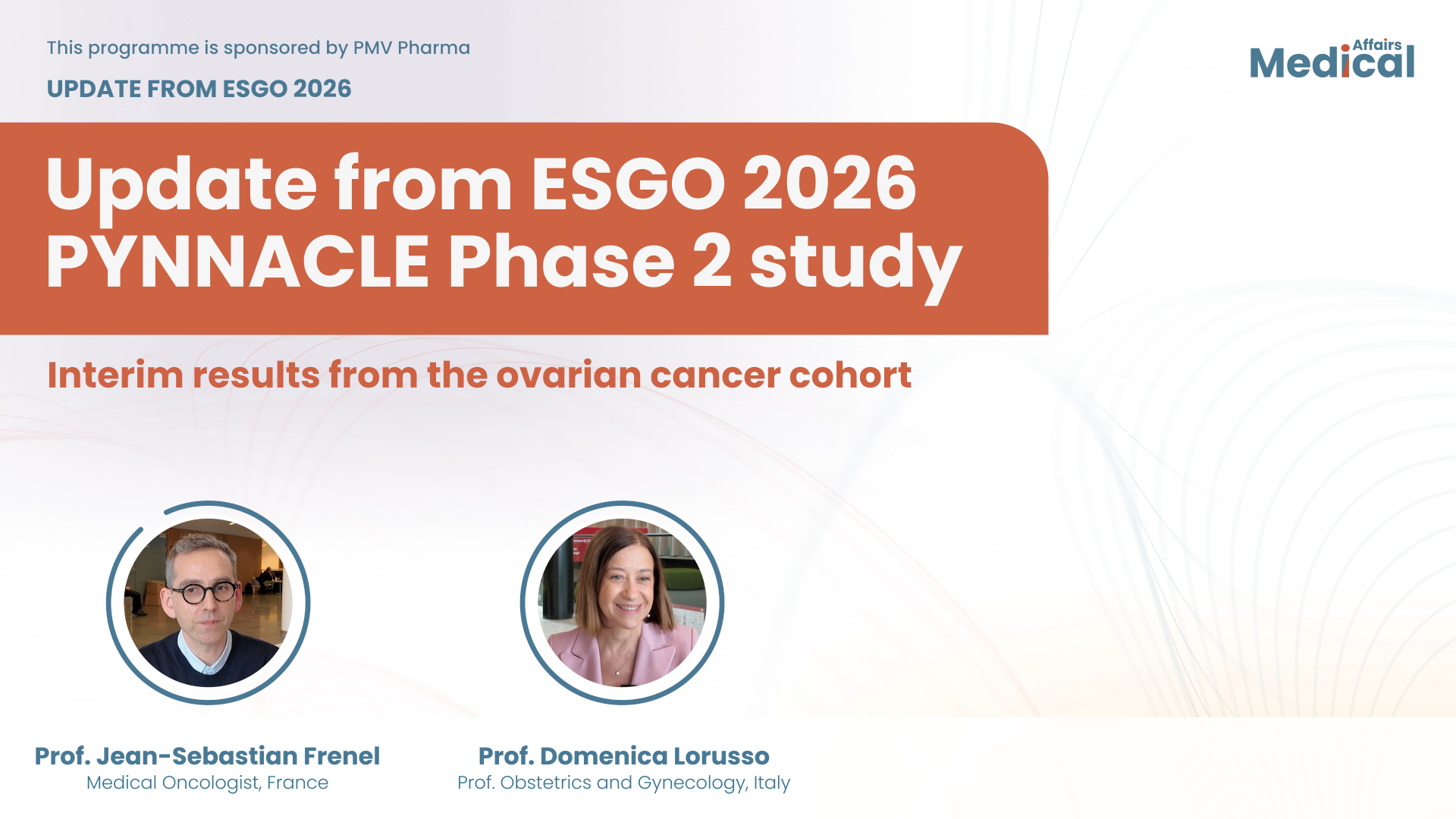
 Downloadable
Downloadable  5 MIN
5 MIN
 Mar 2026
Mar 2026 

